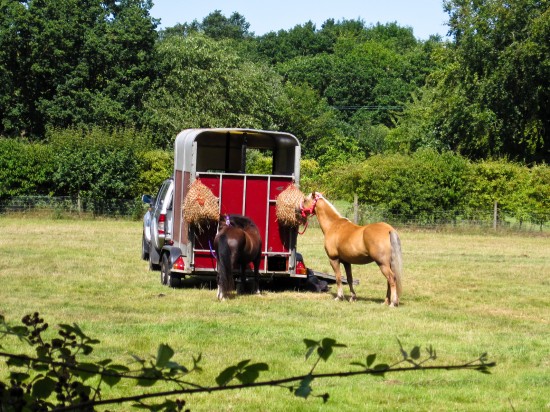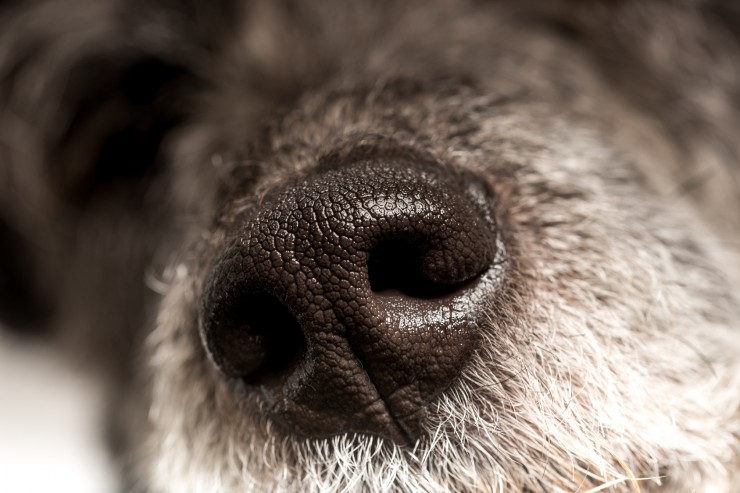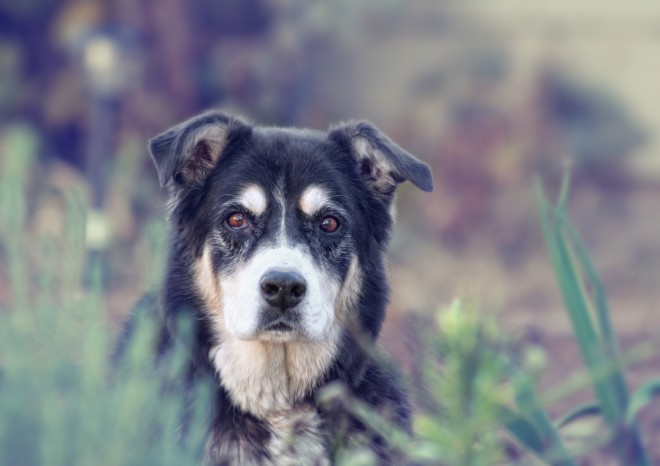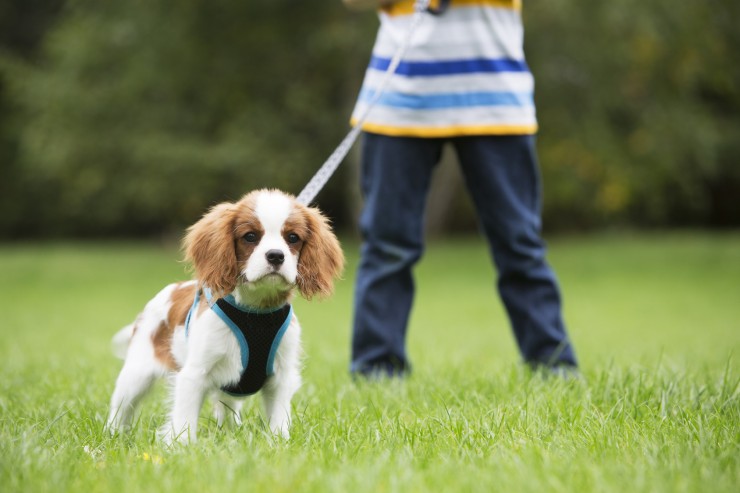

If you regularly take your horse to shows, you may have noticed just how much they sweat up during the journey and this is especially true if they are not used to being loaded and then travelled whether it's in a horse box or trailer. You may be surprised to know that when travelling horses can use up around the same amount of calories as they would when out on walking exercise which is why it's really important to ensure they are both comfortable and happy when they are taken on any longer journeys. You also need to know how to avoid any of the key problems to ensure this is the case.
Many owners don't realise just how important ventilation is to their horses when they are travelling with some even keeping windows closed which raises the humidity levels quite considerably something to be avoided at all costs. If horses have to travel long distances, many of the top riders in the country recommend that horses are taken off the trucks every 4 or 5 hours so they can stretch their legs and take in some fresh air even if it means stopping on a motorway at a service station and letting them stroll on the grassy bits around with their bridles on and being held on lunge ropes.
These stops are ideal times to check travel boots and tail bandages making sure they are still in place and to redo them should it be necessary. If a tail bandage has slipped, it can cause more of a problem than if a horse was not wearing one at all.
Some well known trainers like to turn their precious horses out the night before they are due to travel because it allows them to graze and to hydrate themselves in the most natural of ways. It might mean a little more grooming the next morning but the general improved wellness of the horse far outweighs the extra work involved.
Competing at novice level involves a lot of travelling and you may clock up more miles than you think with the average being calculated at being around 2,000 in any one season. This is a lot for a horse to have to cope and more especially when it comes to the heat and humidity levels associated with travelling and the long hours they spend in transit.
There are things you can do to make travelling as stress-free as possible for your horse and this includes the following:
Some horses travel better than others but the one constant is the conditions in which they might have to travel. Recent research carried out has shown that humidity levels in the back of a truck can get extremely high which is not a good environment for horses to be in for any great lengths of time. As such if you are planning a long journey, you need to make sure there is plenty of ventilation circulation around the vehicle. It's also important to make a stop after 4 or 5 hours when travelling very long distances to let your horse stretch their legs and to rehydrate themselves. This offers you the perfect opportunity to check tail bandages and travel boots to make sure they're all still in place and to redo them should you need to.
 Smells That Dogs Really Don’t Like
Smells That Dogs
Smells That Dogs Really Don’t Like
Smells That Dogs
 Some Frequently Asked Questions About Canine Cataracts
Some Frequently A
Some Frequently Asked Questions About Canine Cataracts
Some Frequently A
 Double Dapple Dachshund Dogs And Their Problems
Double Dapple Dac
Double Dapple Dachshund Dogs And Their Problems
Double Dapple Dac
 An Introduction To The Pinscher Dog Breeds
An Introduction T
An Introduction To The Pinscher Dog Breeds
An Introduction T
 How To Teach The Kids To Walk Your Dog Nicely
How To Teach The
How To Teach The Kids To Walk Your Dog Nicely
How To Teach The
Copyright © 2005-2016 Pet Information All Rights Reserved
Contact us: www162date@outlook.com